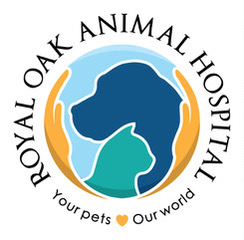Library
-
Bearded dragons are susceptible to several health problems; understanding them will help you prevent them from occurring in your pet and know when to seek veterinary attention. Problems described in this handout include salmonellosis, avascular necrosis, tail rot, abscesses, and dystocia (egg binging).
-
Box turtles can be very fairly easy to care for type of turtle. It needs to be mentioned that there are several medical conditions that are known with box turtle ownership. Every box turtle owner should be aware that any swelling, change in energy level or food intake needs veterinary attention relatively soon.
-
There are several problems that can occur in aquatic turtles. This handout discusses the most noted problems: calculi, tissue prolapses, irregular shell growth, shell fractures or trauma, algae on the shell, skin and shell sloughing, Salmonella infection that can be passed to humans, dystocia, and hibernation.
-
Iguanas face several health problems that will need veterinary intervention for treatment or resolution. Cystic calculi, dystocia, avascular necrosis and dysecdysis are all common problems that will need medical attention sooner rather than later.


